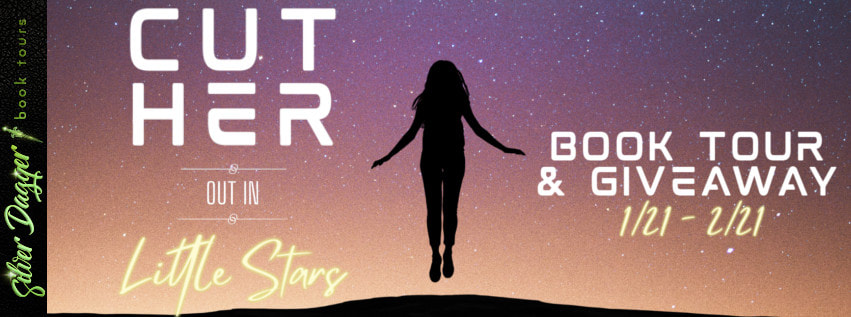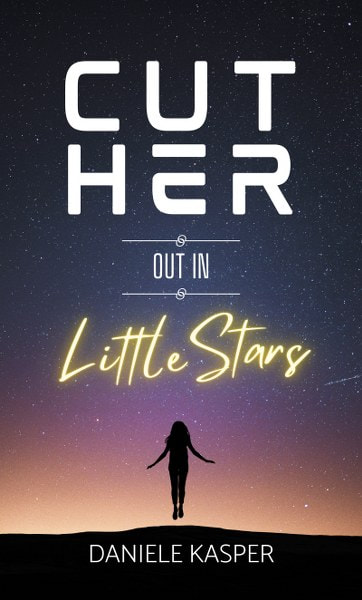So you’re finally done with your book and you are ready to query. But where do you start? Here are some tips to help you through the querying process and landing the agent of your dreams.
1) Refine your query letter. Just like you revised your book, do the same thing with your query letter. Edit, edit, edit. Think of your query letter like Gandalf the Grey from Lord of the Rings, if it doesn’t wow an agent, you shall not pass. They won’t request to read your book. In a way, your query letter is as important, if not more important than your book itself. You want the agent to want to read your book and the query letter is how you catch their attention. Learn how to write a query letter. I spent six months researching online, writing and editing, then researching some more and I still got over eighty rejections. That doesn’t even count the agents I never heard back from.
2) Research your agent. Look at the books and authors they represent. Don’t just pitch your book to anyone and everyone. Many agents will have lists of works and authors they currently represent. Check to see if your manuscript aligns with what they represent. For example I am a science fiction and fantasy author and many agents will list themselves as SFF agents but will lean heavily to preferring one over the other. Check what kind of books they currently represent. If they represent mostly fantasy novels and you are pitching a science fiction novel, chances are they will reject it simply because it doesn’t fit their personal tastes. Remember, getting an agent is very subjective and all about personal preferences so you have to query agents that will fit with your book. Use the two websites Manuscript Wish List and MSWishList or the hashtag MSWL on Twitter to find what agents are specifically seeking. If they are looking for a modern-day spin on Romeo and Juliet with zombies and that is what you wrote, then that might be the agent you query! Check out Writer’s Beware for a list of bad agents and bad publishing companies. There are tons of scammers out there so do your research to weed out the good from the bad.
3) Use tools to help you keep track. Query Tracker or Query Manager but you can also use an excel spreadsheet or an old-fashioned spiral notebook to track who you queried, the date, and their response. Many agencies have strict rules about querying other agents after a rejection. A rejection from one agent in the agency means a no from the entire agency. Read their rules and guidelines so that you do not accidentally query someplace or someone you shouldn’t. Organization is key. It doesn’t look good for you if you query the same agent twice by accident or send a query letter with the wrong name at the top or company name within it. Do your research into pronouns. Many agents will have them listed. When in doubt, address the letter directly to the agent by name.
4) Make sure your book is edited before you submit query letters. An agent will be less than impressed if they request to see your book and then get an unfinished manuscript or a manuscript filled with errors, spelling and grammar mistakes.
5)
Be prepared for rejections. Be prepared to not hear
back from many of the agents. Be prepared to wait. And wait. And wait. Some
agents have a six-month window before you should consider yourself rejected and
to move on. Remember, this is a highly subjective business so just because this
agent didn’t like your book it doesn’t mean someone else won’t! Don’t give up.
It only takes one yes to land an agent!







No comments:
Post a Comment